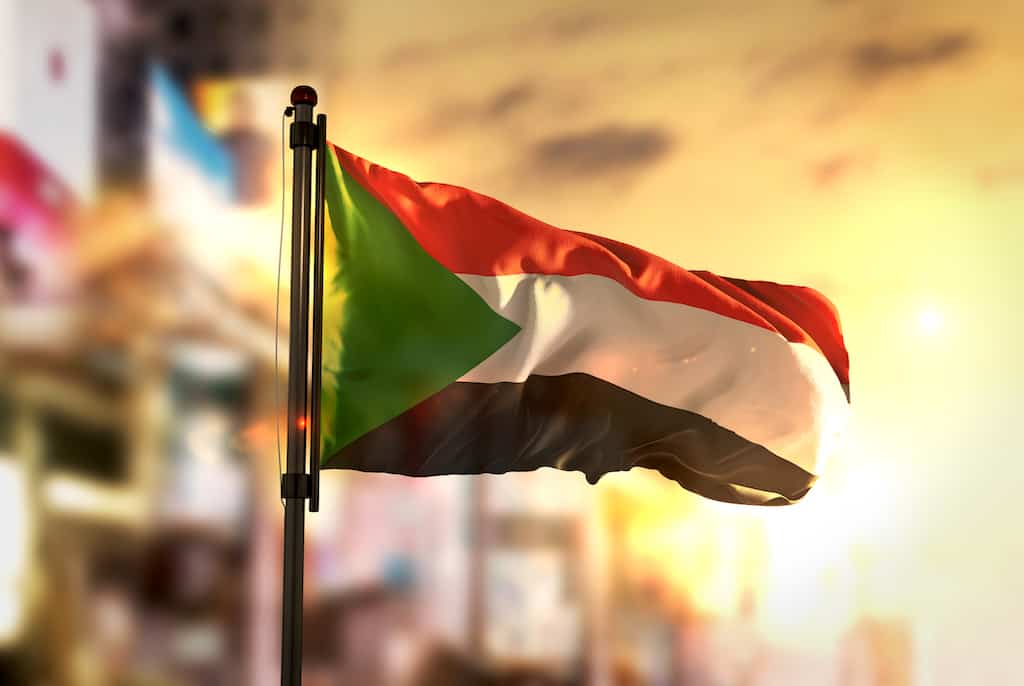The series of online workshops with key actors in Sudan’s Constitutional Reform continues
From 31 May to 3 June 2021, the Max Planck Foundation held another workshop to support the constitutional reform in the Sudanese Republic within the framework of its project Constitutional Reform in Sudan funded by the German Federal Foreign Office and supported by the German Embassy in Khartoum. The different sessions focused thematically on the question of whether, in line with recent developments in constitution-making, an economic order should be introduced into the new Sudanese constitution and, if so, in which format and to what extent.
The workshop was opened by the German Ambassador to Sudan as well as a representative from the Ministry of Justice on behalf of the Sudanese Minister of Justice and Professor Wolfrum on behalf of the Foundation. The representatives from the various Sudanese stakeholders convened in Khartoum and the Head of Project and research fellows facilitated the discussions online from Heidelberg, Germany, and the UK.
Prior to the workshop and in preparation for the sessions, the participants had received a document prepared by the Foundation which suggested different options for constitutional provisions on the economic order serving as model solutions. The options had also been based on other countries’ experiences as comparative examples which had been aligned to the Sudanese context; special tribute was paid to the recently signed Juba Peace Agreement, which addresses inter alia the question of natural resources. On the first day, the workshop opened with a presentation on a constitution-based economic order from a comparative constitutional law perspective. The various following sessions throughout the four days were inter alia dedicated to the question of land use and investment as well as the allocation and exploitation of mineral resources. Each session started with an introduction to the relevant part of the document outlining options for respective constitutional provisions serving as a starting point for the discussions. Presentations by Sudanese legal experts complemented each session.
As always, in accordance with the Foundation’s guiding principles, the workshop was aimed at distinctly providing a neutral forum for technical legal discussions on the wide range of representative viewpoints regarding the inclusive reform process in the country. With specific sessions being allocated for discussions, the participants were allowed ample opportunity to share their views, ask questions and engage with each other and the experts.
Despite the digital implementation, the new format once again allowed participants and the experts to actively engage with each other and successfully continue discussions on the constitutional and legal reforms in the country. The Foundation envisages the continued online implementation until a time when travel to the country is viable again.

